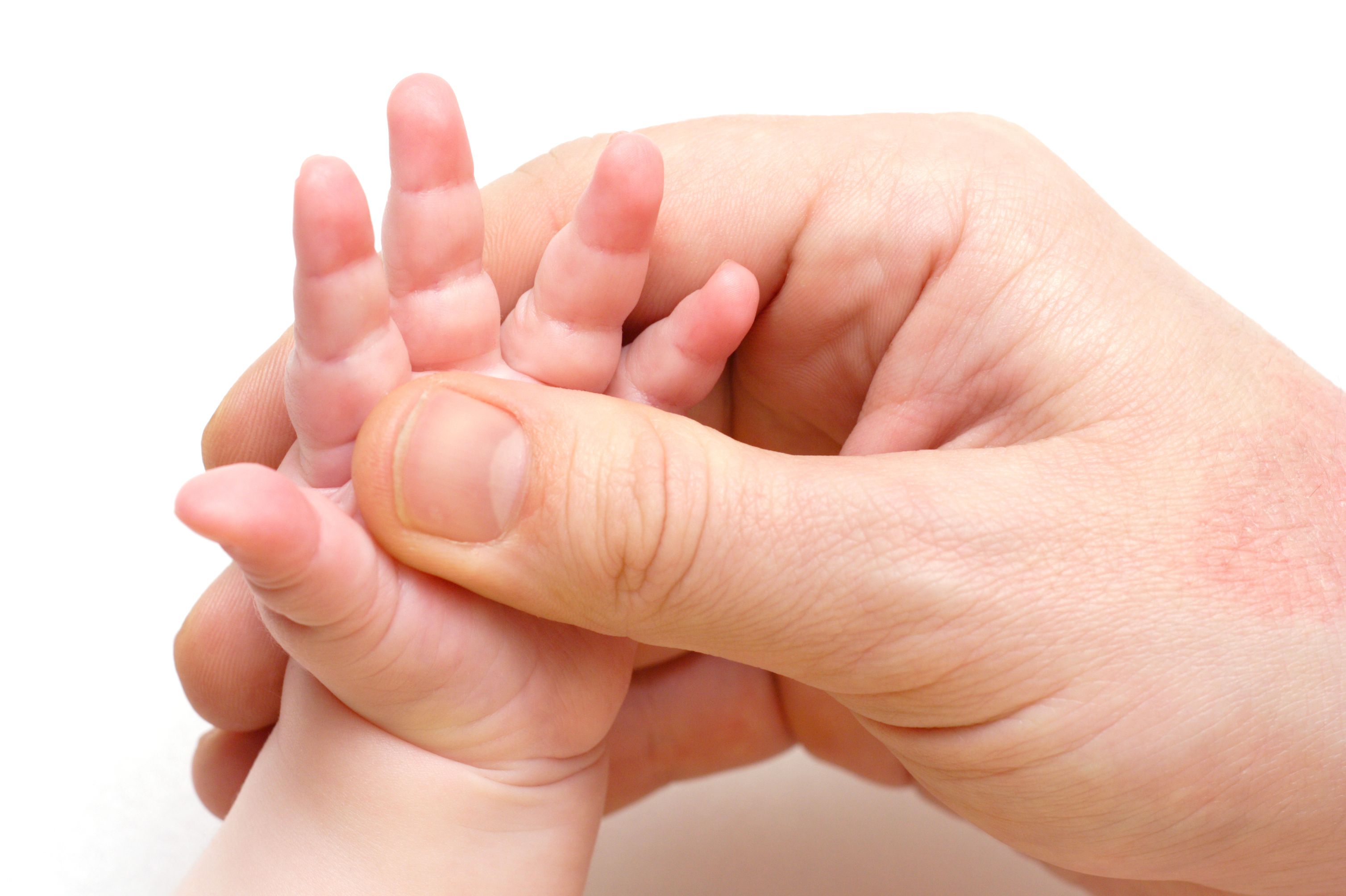
(Vienna, 17 September 2019) When a baby is born, it is not always immediately obvious whether it is a boy or a girl. Variations in sex development and rare paediatric hormo-nal disorders are the subject of the European Society for Paediatric Endocrinology (ESPE) Meeting being held in the Austria Center Vienna from 19 to 21 September 2019. MedUni Vienna is chairing the meeting. There has recently been a rethink in medical strategy when it comes to irreversible procedures, which are now avoided where pos-sible.
"As paediatric endocrinologists we have specialised in the diagnosis and treatment of ex-tremely rare paediatric diseases," says Gabriele Häusler, Head of MedUni Vienna's Outpa-tient Clinic for Paediatric Endocrinology and Osteology and Chair of the European Society of Paediatric Endocrinology (ESPE) Meeting. "And this is why this year's ESPE Meeting goes under the banner of "Variety and Variation". The aim is to overcome people's fear of rare phenomena such as variations in sex development, and to promote tolerance of statistical deviations from the norm", emphasises Häusler.
Variations in sex development – every person is unique
"Every person is unique," stresses Stefan Riedl, paediatric endocrinologist at St. Anna Chil-dren's Hospital and Vice-Chair of the ESPE Meeting. Often a difference in sex development is apparent at birth but sometimes it does not manifest itself until puberty – for example when a boy develops breasts, or a girl fails to start her periods. With some variations in sex devel-opment, it is clear which gender the child should be assigned to – for example, a boy whose urethra does not terminate at the glans but on the underside of the penis. This affects one in every 300 boys. However, in some cases the terms "male" and "female" are too restrictive – but, as Riedl points out, these radical variants are very rare with a probability of around 1 in 4,000. There are as many causes for variations in sex development as there are different manifestations and these can include chromosomal, genetic, physiological, environmental or even endocrinological – i.e. hormone-related – causes.
Wanting children and sex variations not necessarily contradictory
For example, adrenal cortisol deficiency can indirectly cause a girl's external genitals to ap-pear masculinised. In this case, hormone replacement therapy following diagnosis in the first week of life is vital and the sex variation is a symptom of a testosterone imbalance, which causes the clitoris to enlarge so that it looks like a penis. Deficiency of the same hormone in boys results in absence of the typical male external genital characteristics. "In some variations in sex development, the identity is undisputed and the people in question are even able to have children when they reach adulthood," explains Riedl. It is most likely that those suffering from genetic forms of sex development variations will be infertile as adults – but even then, there is potential for restoring fertility by taking viable sperm from the testes during puberty, as in the case of people with XXY syndrome.
Caution rather than irreversible treatment
Variations in sex development are a sensitive subject – especially when they don't fit into the black and white "male/female" model. "In the past, irreversible interventions were made at a very early stage and a lot was hushed up," explains Riedl. "We have now had a rethink. The affected children are seen as unique individuals, their families provided with psychological support and self-help groups are involved in their management," says Riedl. "Early treatment is only given in a few specific cases – in addition to medically necessary hormone treatment, this might also include relocation of the urethra or removal of non-functional gonads, which could develop into a tumour. In all other cases – based on the right to physical integrity – deci-sions are left as long as possible, until puberty or later," explains the experienced endocrinolo-gist. If the soon-to-be teenager is still not sure of their gender identity when they start puberty, it is even possible to delay puberty by giving hormone blockers.
Paediatric endocrinology – specialist field of rare diseases
"As well as variations in sex development, we paediatric endocrinologists work with paediatri-cians to clarify suspected cases of hormonal disorders – such as growth disorders or thyroid dysfunction. This also includes the area of genetic bone diseases and significant skeletal growth disorders – such as brittle bone disease, achondroplasia or hypophosphataemic rick-ets," says Gabriele Häusler, describing the range of the discipline.